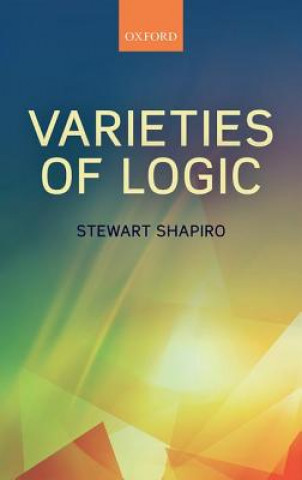
Kód: 04535031
Varieties of Logic
Autor Stewart Shapiro
Logical pluralism is the view that different logics are equally appropriate, or equally correct. Logical relativism is a pluralism according to which validity and logical consequence are relative to something. In Varieties of Log ... celý popis
- Jazyk:
 Angličtina
Angličtina - Väzba: Pevná
- Počet strán: 236
Nakladateľ: Oxford University Press, 2014
- Viac informácií o knihe

Mohlo by sa vám tiež páčiť
-

Prayer to the Father of Heaven
8.28 € -

Ghost Stories
15.75 € -

Organizational Stress
81.34 € -10 % -

Fundamentals Of Technical Rescue Instructor's Toolkit CD-ROM
429.35 € -

Numbers of My Jewish Year
7.87 € -

Rewriting Russia
45.83 € -

Peace and Justice - Seeking Accountability After War
37.34 €
Darčekový poukaz: Radosť zaručená
- Darujte poukaz v ľubovoľnej hodnote, a my sa postaráme o zvyšok.
- Poukaz sa vzťahuje na všetky produkty v našej ponuke.
- Elektronický poukaz si vytlačíte z e-mailu a môžete ho ihneď darovať.
- Platnosť poukazu je 12 mesiacov od dátumu vystavenia.
Viac informácií o knihe Varieties of Logic
Nákupom získate 281 bodov
 Anotácia knihy
Anotácia knihy
Logical pluralism is the view that different logics are equally appropriate, or equally correct. Logical relativism is a pluralism according to which validity and logical consequence are relative to something. In Varieties of Logic, Stewart Shapiro develops several ways in which one can be a pluralist or relativist about logic. One of these is an extended argument that words and phrases like 'valid' and 'logical consequence' are polysemous or, perhaps better, are cluster concepts. The notions can be sharpened in various ways. This explains away the 'debates' in the literature between inferentialists and advocates of a truth-conditional, model-theoretic approach, and between those who advocate higher-order logic and those who insist that logic is first-order. A significant kind of pluralism flows from an orientation toward mathematics that emerged toward the end of the nineteenth century, and continues to dominate the field today. The theme is that consistency is the only legitimate criterion for a theory. Logical pluralism arises when one considers a number of interesting and important mathematical theories that invoke a non-classical logic, and are rendered inconsistent, and trivial, if classical logic is imposed. So validity is relative to a theory or structure. The perspective raises a host of important questions about meaning. The most significant of these concern the semantic content of logical terminology, words like 'or', 'not', and 'for all', as they occur in rigorous mathematical deduction. Does the intuitionistic 'not', for example, have the same meaning as its classical counterpart? Shapiro examines the major arguments on the issue, on both sides, and finds them all wanting. He then articulates and defends a thesis that the question of meaning-shift is itself context-sensitive and, indeed, interest-relative. He relates the issue to some prominent considerations concerning open texture, vagueness, and verbal disputes. Logic is ubiquitous. Whenever there is deductive reasoning, there is logic. So there are questions about logical pluralism that are analogous to standard questions about global relativism. The most pressing of these concerns foundational studies, wherein one compares theories, sometimes with different logics, and where one figures out what follows from what in a given logic. Shapiro shows that the issues are not problematic, and that is usually easy to keep track of the logic being used and the one mentioned.
 Parametre knihy
Parametre knihy
Zaradenie knihy Knihy po anglicky Language linguistics Philosophy of language
113.78 €
- Celý názov: Varieties of Logic
- Autor: Stewart Shapiro
- Jazyk:
 Angličtina
Angličtina - Väzba: Pevná
- Počet strán: 236
- EAN: 9780199696529
- ISBN: 0199696527
- ID: 04535031
- Nakladateľ: Oxford University Press
- Hmotnosť: 388 g
- Rozmery: 223 × 144 × 18 mm
- Dátum vydania: 04. September 2014
Obľúbené z iného súdka
-

Rosicrucian Manual
16.36 € -

Language Instinct
14.42 € -23 % -

Essential Chomsky
21.99 € -23 % -

Practice Makes Perfect English Articles and Determiners Up Close
13.80 € -15 % -

Making the Social World
12.27 € -23 % -

Making It Explicit
55.04 € -4 % -
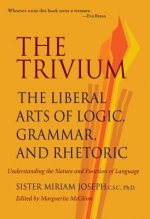
Trivium
21.89 € -

Image Music Text
12.37 € -15 % -

Inquiry into Modes of Existence
36.52 € -4 % -

Constructing the World
83.38 € -5 % -

How Language Works
14.42 € -23 % -

Construction of Social Reality
14.42 € -23 % -

What Kind of Creatures Are We?
14.32 € -11 % -
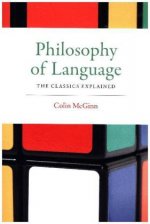
Philosophy of Language
40.10 € -11 % -
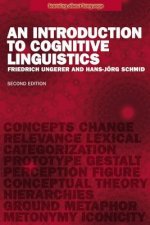
Introduction to Cognitive Linguistics
96.99 € -
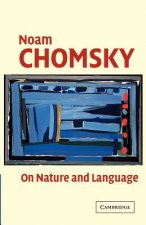
On Nature and Language
62.71 € -
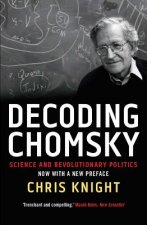
Decoding Chomsky
11.76 € -47 % -

Language Hoax
14.42 € -16 % -
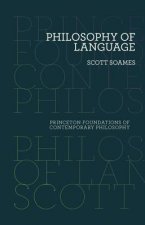
Philosophy of Language
28.03 € -

More than Cool Reason
35.91 € -
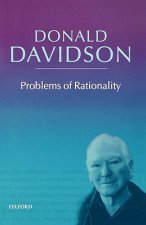
Problems of Rationality
71.82 € -
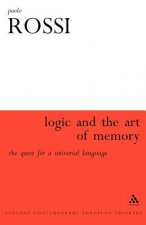
Logic and the Art of Memory
152.56 € -

Practice Makes Perfect English Pronouns and Prepositions, Second Edition
15.65 € -14 % -
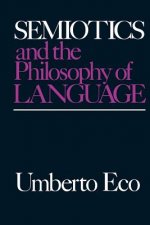
Semiotics and the Philosophy of Language
25.98 € -
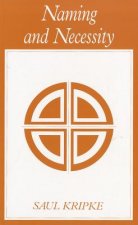
Naming and Necessity
30.07 € -19 % -

Latin
31.81 € -

Inferentialism
177.01 € -
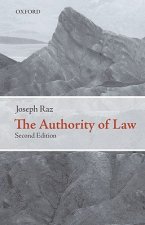
Authority of Law
54.84 € -
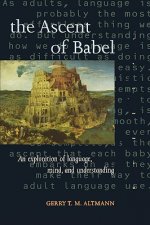
Ascent of Babel
104.77 € -

Process Philosophy of Signs
36.01 € -
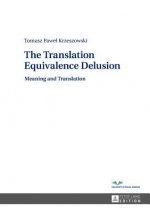
Translation Equivalence Delusion
114.59 € -
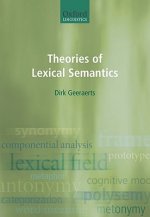
Theories of Lexical Semantics
64.05 € -

Critical Introduction to the Philosophy of Language
67.83 € -
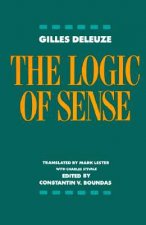
Logic of Sense
27 € -4 % -

Philosophy of Language
63.43 € -

From Hand to Mouth
49.82 € -

How to Do Things with Words
63.53 € -
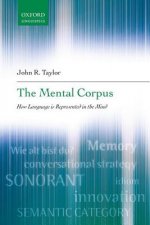
Mental Corpus
61.69 € -

Ontology after Carnap
125.95 € -

Philosophy of Poetry
122.17 € -

Practice Makes Perfect English Verb Tenses Up Close
21.27 € -

Language Animal
40.92 € -

Metaphor
55.96 € -
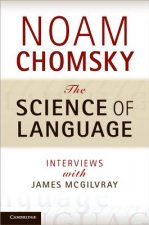
Science of Language
38.36 € -

Language, Proof, and Logic
94.74 € -
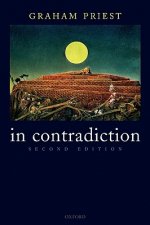
In Contradiction
94.23 € -

What Kind of Creatures Are We?
23.52 € -

Literary Mind
30.89 € -
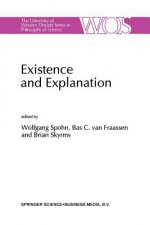
Existence and Explanation
214.46 €
Osobný odber Bratislava a 2642 dalších
Copyright ©2008-24 najlacnejsie-knihy.sk Všetky práva vyhradenéSúkromieCookies



 21 miliónov titulov
21 miliónov titulov Vrátenie do mesiaca
Vrátenie do mesiaca 02/210 210 99 (8-15.30h)
02/210 210 99 (8-15.30h)